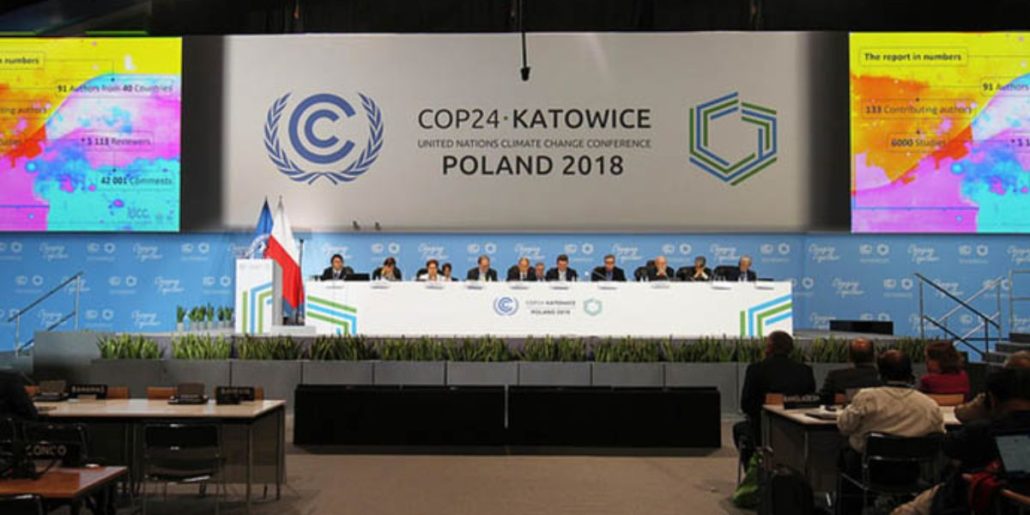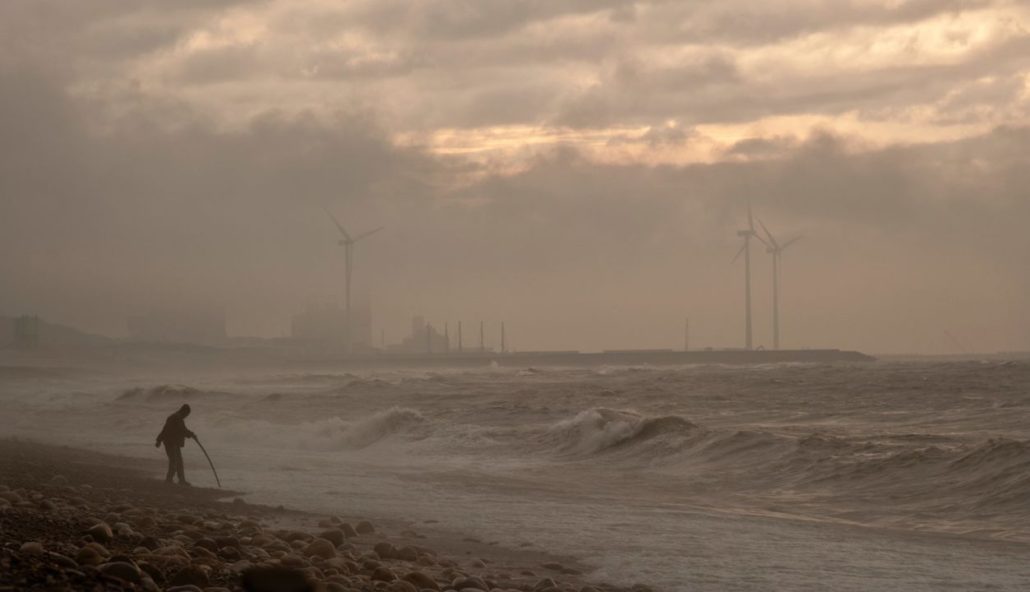How single word can delay global climate negotiations

There is a sudden lump of coal in the middle of nowhere that has just surfaced in the middle of negotiations, probably from deep down in the coal mine below in this Silesian region of the south of Poland. That started a heated debate and delayed the final outcome at the UN Climate meeting.
A war of words has broken out in Katowice, Poland, at the end of the first week of the 24th Conference of the Parties to the United Nations Framework Convention on Climate Change (or COP24), which could put the key negotiations to operationalise the Paris Climate Agreement on the slow track. The talks are at the midway point, but the targeted outcome is far off.
“There is a sudden lump of coal in the middle of nowhere that has just emerged in the conference hall, probably from deep down in the coal mine below in this Silesian region, and has started a heated debate,” remarked one of the negotiators with a disgusting passionate voice while leaving the negotiations late in the night on Saturday, December 8.
The issue, simply put, is about a single word that is commonly used—‘welcome’.
The game-changer
On October 8, the Intergovernmental Panel on Climate Change (IPCC) released its Special Report on Global Warming of 1.5°C, as requested by the parties to the Paris Climate Agreement. The Paris Agreement’s long-term goal is to keep the increase in global average temperature to well below 2°C by
The IPCC report created shock waves. If we have to limit the warming below 1.5°C the use of fossil fuels and the associated carbon dioxide emissions will have to be cut by 45% by 2030—12 years from now—as against the 20% cut expected under the 2°C scenario. What’s more, emissions have to come down to zero by 2050 instead of by 2075 in the 2°C option.
These are hard choices indeed, but the years-long delays in taking definitive steps have created this emergency situation. There is simply no escape from making hard choices as the cost of loss of life and damage to the assets on the Earth would be prohibitively higher, particularly in the small island countries that face an existential threat and in countries with highly populated coastal cities.
But that’s not all. The accelerated actions would also need additional financial flows to the developing countries—more than previously promised—as well as the transfer of green technologies to
And now, the problem at COP24
Financing and technologies are the fundamental parts of the rule book that needs to be finalised in Katowice by end of the next week to operationalise the Paris Agreement with enhanced ambition and efforts under the 1.5°C scenario.
As a preamble of the rule book negotiations, a proposal put forward was to ‘welcome’ the IPCC’s special report on 1.5°C. The US, Russia, Saudi Arabia and Kuwait—all oil giants—have opposed the word ‘welcome’, wanting it to be replaced by ‘note’. That change of word other countries said was ludicrous, and watered-down the IPCC report and diluted the urgency for action.
Notwithstanding the ‘Friday-war’, negotiations at the end of the first week have entered deja vu mode, with most of the draft text of the decisions on Article 4-15 of the Paris Agreement (related to the accounting framework of mitigation and adaptation, financial support to developing countries, the transparency framework, and the modalities and procedures for the effective implementation and promotion of compliance) all being forwarded to final week of COP24. Most of the text is in brackets, which means that there is no consensus on the topics. The first two days of the final week will be spent in efforts to remove most of the brackets to make the work of ministers and

The thorny subjects that are critical to G77 and China, of which India is a member, are yet to be
The COP24 is unique in that it is taking place after the publication of several high profile reports, including the IPCC report that highlights the urgency of short-term actions to limit the warming to 1.5°C; the UNEP’s emission gap report that clearly states that current nationally determined voluntary contributions are grossly inadequate to limit the warming even to 2°C; the US’s four-year assessment report that warns of the huge damages crossing billions of dollars by end of the century; a report by Global Carbon Project that says carbon dioxide emissions have started rising again after a brief halt; a World Meteorological Organization (WMO) report that 2018 is on the way to be fourth warmest year on record; and a WHO report that says the cost of inaction would be far greater in terms of diseases and air-pollution arising out of fossil fuel burning than the cost of mitigating carbon emissions.
However, the legacy of the war of words during negotiations, not keeping the promises of
Time to take action
The narrow band of optimism still being exuded from some quarters that hail the falling prices of renewable energy, action by non-state actors like local communities and regional bodies, announcements by banks to provide grants and commercial loans for clean and green businesses, and philanthropic efforts may prove to be short-lived or simply inadequate.
There is need to take hard decisions on reducing fossil fuel subsidies that the G7 countries have pledged to phase out in last decade, and promote renewable energy instead. Additionally, carbon taxes on the rich must be enhanced. Besides, it is also important to set plans in place to employ or provide for the coal and oil industry labour force.
In a way, the war over ‘note’ and ‘welcome’ appears to mirroring reality. Do we ‘note’ the protests in France that started with a rise in tax on carbon or do we ‘welcome’ them? Do we ‘note’ the apathy of G20 world leaders by delaying to agree on the text of communique related to climate change or do we ‘welcome’ their final agreement? Do we ‘note’ the reports by the IPCC, UNEP, WMO, the Global Carbon Project and countless others or do we ‘welcome’ them?
It really does not matter until all countries cross over from the inaction zone. The second week of COP24 could provide some indication.
Rajendra Shende is Chairman of the TERRE Policy Centre and former Director of the United Nations Environment Programme.



Leave a Reply